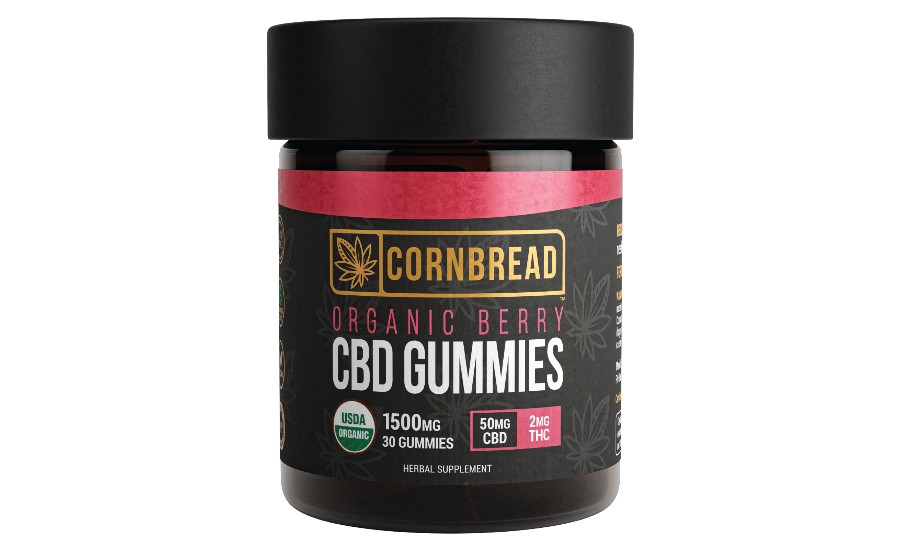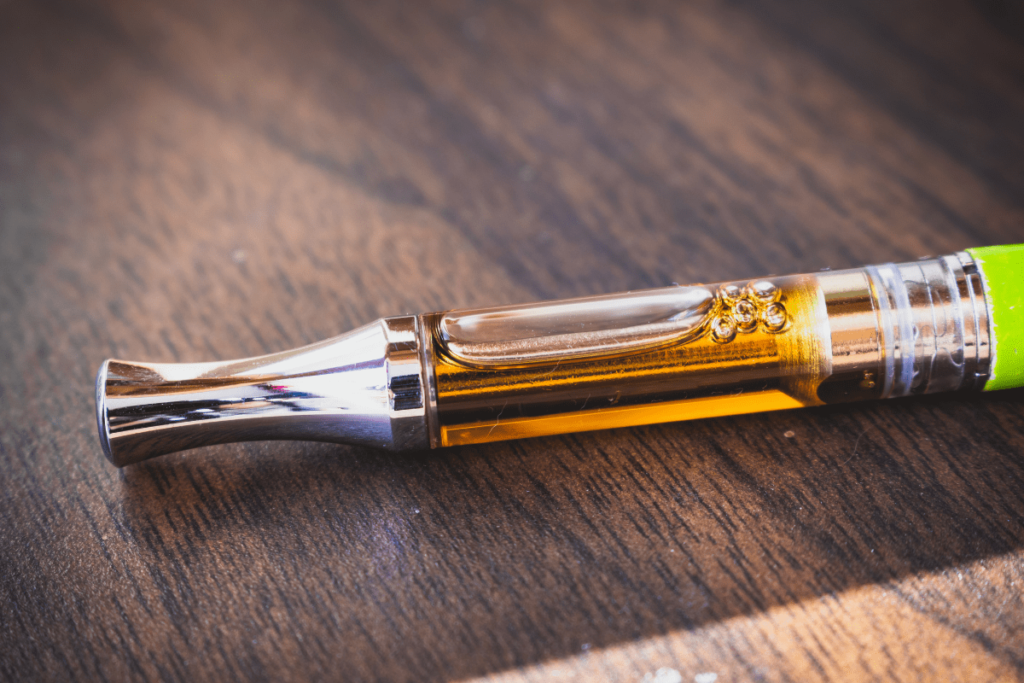The cannabis industry is one of the fastest-growing industries. Due to the various medicinal and therapeutic benefits, there is a shift from traditional marijuana to the new different types of cannabinoids in the cannabis plant. Therefore, cannabis enthusiasts are now enjoying various options depending on their needs and preferences. You may be aware of the popular brands like CBD and Delta 8 THC. Delta 10 THC is the newest and shows a lot of potential to compete with its predecessors.
The article will help you explore some of the questions amongst cannabis enthusiasts like What is No Cap Hemp Co THC blunts, whether it can help with Arthritis, and the health benefits that Delta 10 THC products offer.
What Is Delta 10 THC?
The cannabis plant is a natural wonder which can be referred to as the reservoir of various crucial cannabinoids that can cause mental, physical, and emotional effects. Most people are delving into the cannabis industry and are willing to start the consumption of Cannabis for various medicinal and recreational purposes.
CBD Gummy Bears is a new product that has been developed in the cannabinoid industry, and it has taken it by storm. Curiosity is the mother of inventions. So, accidents form many interesting discoveries for humankind. The same case applies to delta 10 THC. After a thorough investigation, scientists and researchers came up with Delta 10 THC.
The difference in these variants of THC cannabinoids is in their molecular structure. Delta means the positioning of carbon bonds. And the difference is to identify that delta 10 THC has a double bond on the 10th carbon chain, while delta 8 n its 8th carbon and Buy CBD Oil on its 9th carbon chain. They have a similar but different set of pharmacological properties.
How Does Delta- 10 THC Interact with the Body?
Cannabinoids have and possess the ability to react with the body’s endocannabinoid system. Hence, it maintains homeostasis and encompasses the brain, immune system, and endocrine system. So, it plays an important role in regulating the immune system response, pain handling capacity, and metabolism.
The Endocannabinoid system has two major receptors, CB1 and CB2. CB1 receptors are majorly in the central nervous system, livers, kidneys, and the lungs. The CB2 receptors are available in the hematopoietic cells. Studies have also shown that they exist in some other brain parts.
Nye& Snyder (1987) noted that Delta-8 and Delta-9 THC have a higher affinity toward CB1 receptors in the brain and the nervous system. So, it provides a wide range of psychotropic effects. In contrast, Delta 10 THC has a low potency compared to its predecessors. It interacts with both CB1 and CB2 receptors and is thus not psychoactive as its predecessors but has a more euphoric and nootropic effect.
Benefits of Delta 10 THC
Delta 10 THC provides euphoric effects and does not have side effects like anxiety and paranoia. So, users remain focused and active, and they can also enjoy other benefits that delta 10 THC. Its data and research are still limited. Although, Like its predecessors. Delta 10 THC products have shown to have wide-ranging benefits on the human body due to their interaction with the body’s important systems like the endocannabinoid system.
Can Delta 10 THC Help in Arthritis?
Research on the effects and benefits of cannabinoids is still ongoing. But there is substantial evidence that it may help to relieve long-term pain. One of the major symptoms of rheumatoid arthritis (RA) is pain.
Benefits For Rheumatoid Arthritis
The Cannabis Sativa and hemp plants have over 100 chemicals that impact your body and mind. Two popular chemicals that have been studied over time are CBD and THC.
Delta 9 THC tetrahydrocannabinol is the substance that gets you high when you vape, smoke, or eat marijuana. CBD affects the brain differently, so some users prefer CBD for medical use. Rheumatoid Arthritis refers to an autoimmune disease that makes your joints stiff, painful, and tender. It also affects the lungs, skin, eyes, and other body parts.
The ban on marijuana and CBD means that studies on humans are few. The researchers may not know for sure if Cannabis eases rheumatoid arthritis symptoms. Although results from several and few studies show that people with rheumatic disease, Like RA and osteoarthritis, can help:
- Reduce inflammation in joints
- Improve sleep
- Cub morning pain (not the overall level of pain)
Unproven Therapy
Kinnucan(2018) suggested that cannabinoids can help tamp down the body’s immune system response. However, the studies have been limited to animals and not human beings. Doctors will need a lot of proof before giving directions on cannabis products to treat rheumatic disease. For instance, we understand very little about the effects of Rheumatic Arthritis from marijuana.
Is Cannabis Good for You?
The best answer for this is to ask your doctor. They can tell you about the possible side effects and drug interactions, legal considerations, which form and which dose can be helpful to you. Half of the states in America have legalized marijuana for medical use. At the same time, more than a dozen states allow for the medical use of CBD.
Mead(2017) noted that the FDA does not control marijuana or CBD. It is challenging for users to know exactly the content of their products. A single batch of pot or edible marijuana can have a much lower THC than another or affect you differently.
Side Effects
The use of Cannabis can affect you physically or mentally. Ashton (1999) noted that THC could affect driving; users are advised to stay for at least 8 hours after taking it. Vaping or Smoking Marijuana will hit very fast than when eaten. It is also harmful to your lungs or respiratory system. The use of marijuana regularly can expose you to getting depression, anxiety, and other mental illness. The CBD side effects are mainly moderate or mild. They Include a Drop-in appetite, Diarrhea, Tiredness, and Dry mouth. Medical marijuana has some similar side effects, including increased appetite, Nausea, Coughing, Headache, Dissociation, and lightheadedness.
Conclusion
If you are interested in cannabidiol treatment for chronic arthritis pain or already taking it, review the advantages and the disadvantages, and the latest updates with your doctor. Then together, you can decide on which treatment plan to take. This depends on the type of Arthritis one has. It is advisable to continue with your conventional and prescribed medications, despite pursuing additional relief with cannabidiol products.
References
Ashton, C. H. (1999). Adverse Effects Of Cannabis And Cannabinoids. British Journal Of Anaesthesia, 83(4), 637-649.
Kinnucan, J. (2018). Use Of Medical Cannabis In Patients With Inflammatory Bowel Disease. Gastroenterology & Hepatology, 14(10), 598.
Mead, A. (2017). The Legal Status Of Cannabis (Marijuana) And Cannabidiol (CBD) Under US Law. Epilepsy & Behavior, 70, 288-291.
Nye, J. S., & Snyder, S. H. (1987). The High-Affinity Cannabinoid Binding Site In Brain: Regulation By Guanine Nucleotides And Isolation Of An Endogenous Inhibitor. Structure-Activity Relationships Of The Cannabinoids, 134.
- Delta 8 Vs. Delta 10 - November 25, 2022
- Can You Refill Disposable Delta-8 Vapes? - November 25, 2022
- Can You Hallucinate From Vaping Delta-10? - November 25, 2022






